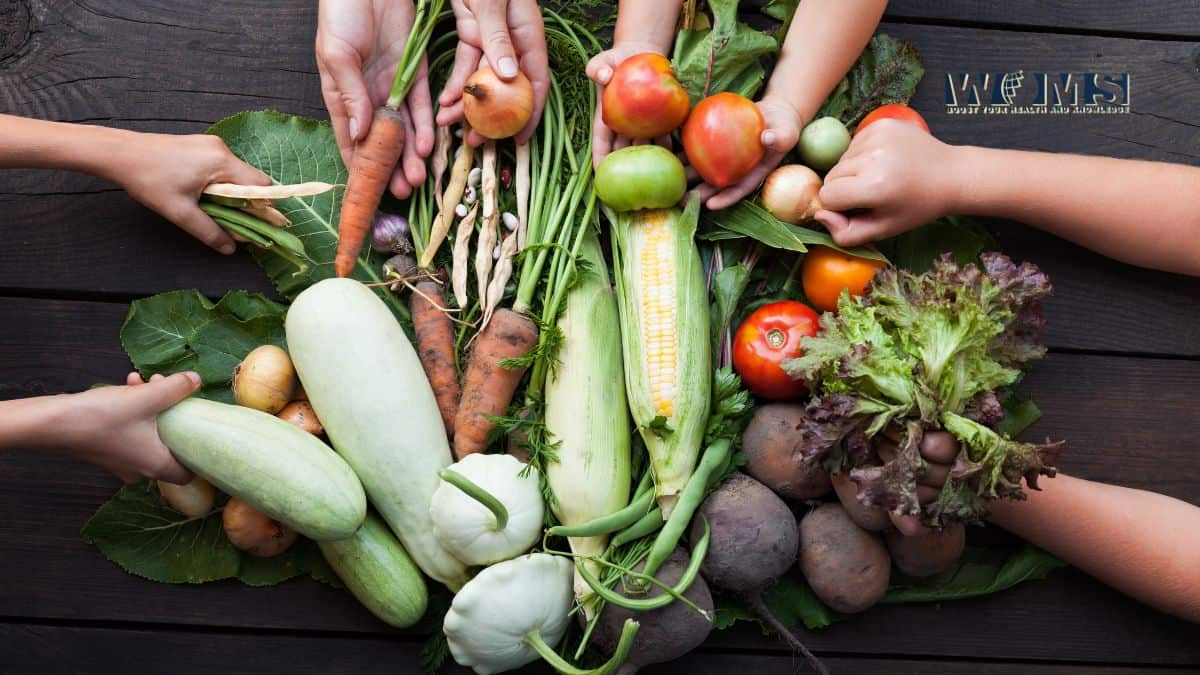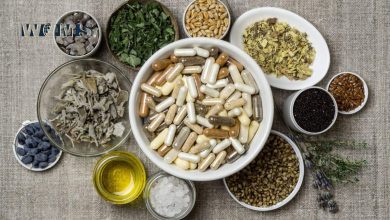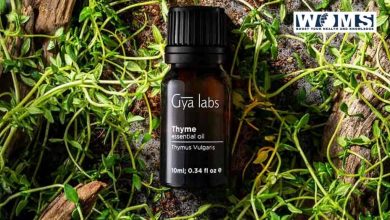How to Get Enough Nutrients as a Vegan

Veganism is a lifestyle revolving around avoiding animal exploitation. Although vegans have certain buying choices that are aligned to their lifestyle, they are most easily identifiable by one principle: not eating or using anything that comes from animals.
Compared to vegetarians, vegans have a more limited diet. They don’t consume eggs and anything containing dairy because these products still come from animals.
That said, people who follow this lifestyle don’t get the same access to essential nutrients – at least, not as well as vegetarians or individuals who eat meat.
Are you planning to go vegan? This article includes some tips you can follow to make sure that you’re getting enough nutrients while being vegan.
Know the Supplements You Need
As mentioned earlier, vegans don’t consume animal-based products, including meat, eggs, and dairy. Because they have more limited food options, vegans may have a more challenging time getting enough of the nutrients they need to stay healthy.
As a vegan, you should be extra mindful of what you eat. Check whether you’re getting enough vitamins and minerals, especially those you can’t always get naturally from a plant-based diet.
Below are some nutrients you may need to supplement when you choose to live the vegan lifestyle:
Vitamin B12
Vitamin B12 is a crucial nutrient for red blood cell production and anemia prevention. It also plays a critical role in neurological function and supports bone health.
In many cases, low B12 levels go undetected in vegans. This is because they have high amounts of folate in their body from eating all those leafy greens. Folate tends to mask nutrient deficiencies.
On top of that, vitamin B12 can only be derived naturally from animal products. Because of this, you may need to use alternatives like vegan gummy vitamins and fortified foods to get enough of this B vitamin when you decide to become a vegan.
Iron
Iron is an essential nutrient for growth and development. It is necessary for blood production, cellular functioning, and metabolism.
However, vegans (and vegetarians) may not be able to get enough iron from plants alone.
The nonheme iron in plant-based foods doesn’t get absorbed into the body as quickly as the iron from meat (heme iron). Since the body can’t use nonheme iron efficiently, vegans tend to need more of this nutrient, with their recommended dietary allowance (RDA) 1.8 higher compared to meat-eaters.
The good news is that vegans, who get their iron mostly from whole grains and beans, can perform certain food preparation techniques to make iron more bioavailable (more on this later). They can also add more vitamin C-rich foods to their diet to enhance iron absorption.
Zinc
Zinc is another mineral essential for metabolism. It also aids immune function and is crucial for repairing cells. Zinc deficiency can lead to developmental problems, delayed wound healing, diarrhea, and hair loss.
Most people get their zinc supply from red meat, oysters, and poultry. In a vegan diet, the best sources include legumes, nuts, whole grains, and seeds.
Like iron, zinc is not easily absorbed by the human body if it comes from plant-based sources. But while vitamin C can’t help here, some food preparation techniques can boost zinc absorption.
For example, the sourdough mother or yeast used to bake whole grain bread makes zinc more absorbable. Because of this, whole-grain bread is considered a better source of this mineral than flatbreads, cooked grains, and crackers.
Likewise, sprouting legumes and grains makes zinc more bioavailable.
Vitamin D
Vitamin D is another nutrient you need to stay healthy. It regulates calcium and phosphorus absorption and is essential in facilitating the optimal function of the immune system.
Though it can be derived from various foods, this vitamin can also be produced in the human body. The process occurs when your skin is exposed to sunlight, activating the body’s ability to convert cholesterol into vitamin D.
A lot of vitamin D-rich foods come from animals. However, you can also get it from several vegan-friendly sources, such as:
- Fortified soy, almond, and rice milk
- Mushrooms
- Fortified orange juice
- Fortified cereals
Besides these, you can also boost your vitamin D supply with oral supplements. Just make sure you read the label and research the brand thoroughly, as not all vitamin D supplements are vegan-friendly.
Omega-3 (Long-chain)
Omega-3 fatty acids are divided into two types:
- Essential omega-3: alpha-linolenic acid (ALA)
- Long-chain omega-3s: docosahexaenoic acid (DHA) and eicosapentaenoic acid (EPA)
The second group plays a structural role in brain and eye health. However, long-chain omega-3s are not as commonly found in plant-based foods as ALA, which can be acquired from chia seeds, flax seeds, hemp seeds, walnuts, and soybeans.
DHA and EPA usually come from animal products, like fish oil and fatty fish. Although expert theories suggest that enough ALA could help maintain a sufficient supply of long-chain omega-3s, research shows that vegans have up to 50 percent lower concentrations of DHA and EPA than omnivores.
To remedy this, you can supplement your long-chain omega-3s with algae oil. It also helps if you minimize your intake of certain oils, such as safflower, corn, sesame, and sunflower oils, to reduce omega-6 fatty acids in your body.
Protein
Protein is crucial for muscle and bone health. It also helps improve your resistance to infections.
As a vegan, you may fall short of the recommended protein needed in your diet.
To prevent this, make sure you add more variety to your meals and include the following protein-rich plant-based foods:
- Tofu
- Seitan
- Lentils
- Beans
- Quinoa
- Soy milk
- Peas
- Chia seeds
- Hemp seeds
Fortify Your Diet
Aside from taking vegan vitamin supplements, you can also add more fortified foods to your diet to get enough of the stuff you need.
Fortified foods contain added nutrients that they don’t naturally have. They are meant to enhance nutrition and provide additional health benefits, like improved immunity, boosted bone health, etc.
For vegans, fortified foods like nutritional yeast, fortified breakfast cereals, and fortified almond, rice, and soy milk can serve as additional sources of the following nutrients:
- Vitamin B12
- Iron
- Vitamin D
Activate Nuts and Seeds
Remember the food preparation techniques mentioned in the first section? Such methods are used to activate the nutrients in certain foods particularly nuts and seeds to help improve their absorbability.
Nuts and seeds are quite popular among vegans.
However, there’s one thing you must be wary of when consuming these food items phytic acid, a.k.a. “phytates.”
Phytic acid is this mechanism that prevents nuts and seeds from sprouting until the right conditions are achieved. Unfortunately, it also binds to the minerals found in these foods, including zinc, iron, and calcium. Thus, it works to prevent the nutrients from getting absorbed within the body.
To work around this, you can activate these foods for better nutrient absorption using techniques such as:
- Toasting nuts and seeds
- Soaking them in a mineral-rich solution that triggers germination
- Fermenting nuts and seeds to remove phytates
Get the Nutrients You Need
More and more people are converting to veganism for one reason or another.
If you’re thinking about going vegan, take note of the tips listed in this article to ensure you get enough nutrients to stay healthy even with the limited food choices you have.




